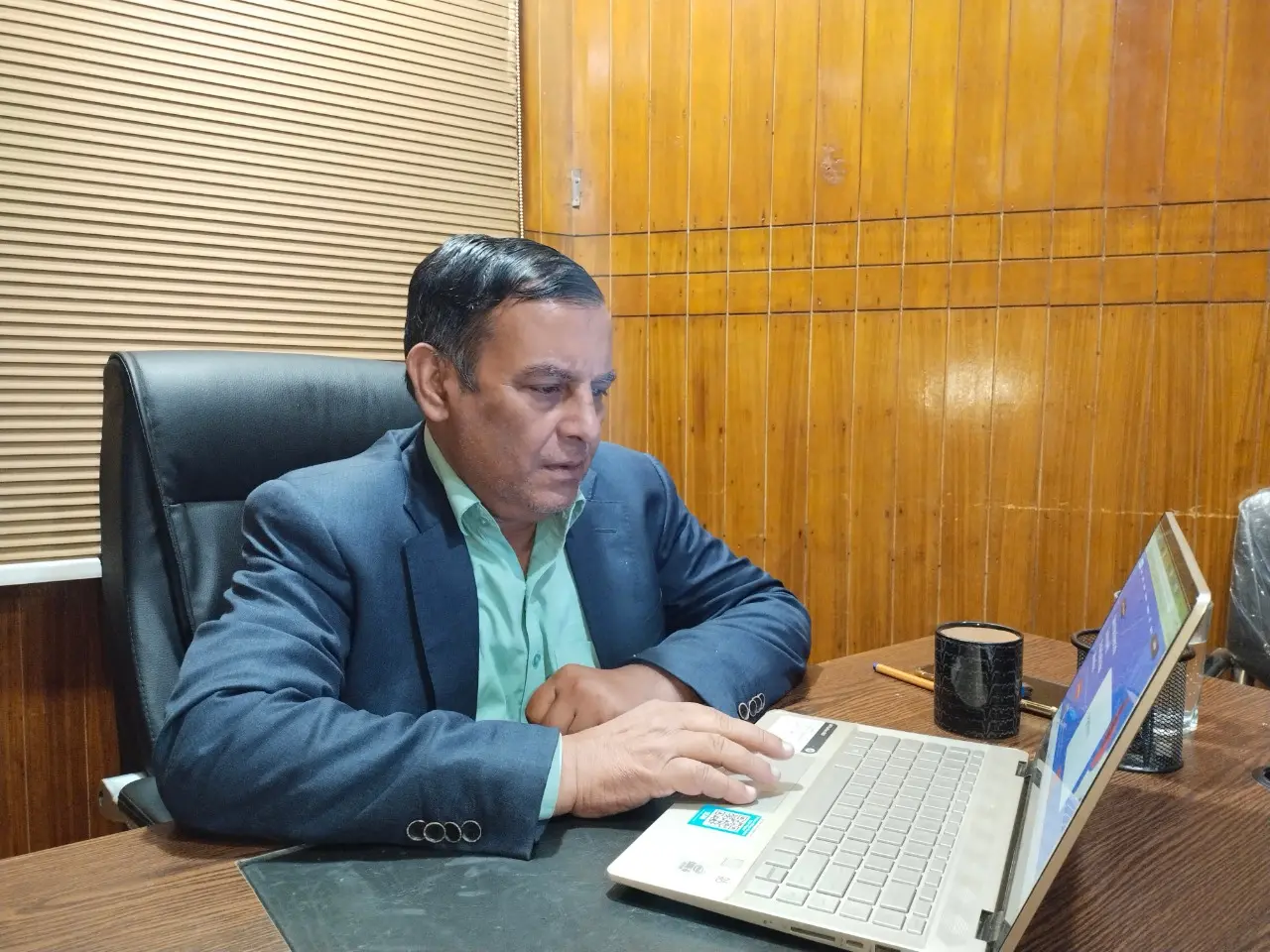- Karachi
- Lahore
- Islamabad
- Leads, UK
- Reading, UK
- Quebec, Canada

Among the amendments to the Code of Criminal Procedure (CrPC), the Evidence Law (Qanoon-i-Shahadat), and the Pakistan Penal Code (PPC), the law ministry envisions a nine-month deadline for the completion of criminal trials; the introduction of plea bargaining; and the use of modern investigative techniques.
Prime Minister Imran Khan said on Thursday (Jan 27, 2022) that the state is responsible for ensuring justice is administered effectively by reforming the civil and criminal procedure codes.
Speaking at an event in Islamabad on Criminal Law and Justice Reforms, the prime minister said the amendments will bring a revolution to the criminal justice system and simplify the process for the average citizen.
“This is a defining moment in the history of the country,” he said, praising Law Minister Farogh Naseem and his team for their work on the reforms.
The prime minister announced that for the first time, the government was making improvements to the way justice was administered following the laws introduced during British rule.
Law Minister Farogh Naseem said the Code of Criminal Procedure was outdated and over 700 amendments have been introduced to overhaul the current legal system.
He said that reforms such as the creation of an independent prosecution service, a forensic laboratory, and prison rules were significant. The law required the distribution of budget to police stations to cover the costs of investigations, along with debuting a sub-inspector at each station with a bachelor’s degree, he said. If a case is not decided within nine months, the trial judge will be answerable before a high court.Any documents, including identity cards, bank accounts, etc, of an absconder, could be frozen by the court.
To ensure accuracy and expeditious case processing, he urged lawyers to support electronic recording of witnesses in any language. According to him, the maker of the video would not be required to appear as a witness in cases of personal offenses such as murder or rape. Specifically, he advocated for civil law reforms with an effective role for the judiciary, prosecutors, and investigators. Maleeka Bokhari, Parliamentary Secretary for Law, said that the PTI government amended the criminal procedure code over 700 times and ensured prompt justice.
The reforms will provide support to the poor seeking justice, she said, since powerful people were taking advantage of the loopholes in the law for decades.
In its draft, the ministry proposed a nine-month deadline for criminal trials, requiring the trial court to inform the high court if it is unable to meet the deadline.
Additionally, it proposes the imposition of a Rs1 million fine for frivolous complaints, as well as the introduction of plea bargains to reduce the judicial backlog. However, this option will not be available for offenses resulting in death or life imprisonment. Likewise, it cannot be invoked for crimes related to women, children, and socio-economic issues.
In the draft, the trial judge will not intervene in any cases of inadmissible evidence or observe a witness’ demeanor, except in the event of an inadmissible testimony. Also, the recording should be transcribed verbatim in the language in which the evidence is uttered, followed by an English translation.
The goal of restructuring the decades-old police system is to redefine what it means to be an ‘officer in charge of the police station.’ They should be at least a sub-inspector with a bachelor’s degree. SHOs should at least be assistant superintendents in major police stations with a high caseload. A person’s CNIC as well as any other documents issued by Nadra, as well as passports, bank cards, and bank accounts, can be blocked if he absconds. However, if a proclaimed offender appears in court, the court can order his documentation to be unblocked.
The time frame within which investigations must be completed and a challan issued has also been extended from 15 to 45 days.
Court approval is required for the location of the video conferencing as well as detailed protocols for recording evidence via video links.
Both in-country and out-of-country witnesses may record evidence through video links. In the latter case, a commission would be issued to a court or judge where Pakistan has reciprocal arrangements, and to the Pakistan embassy or high commission in those cases where reciprocity is not available.

